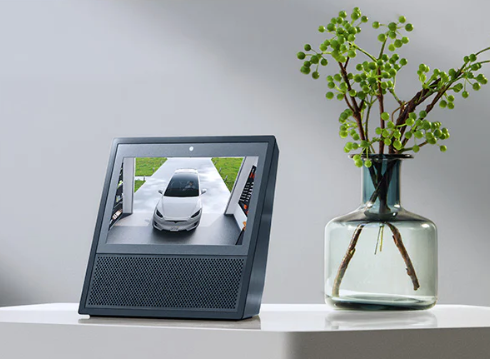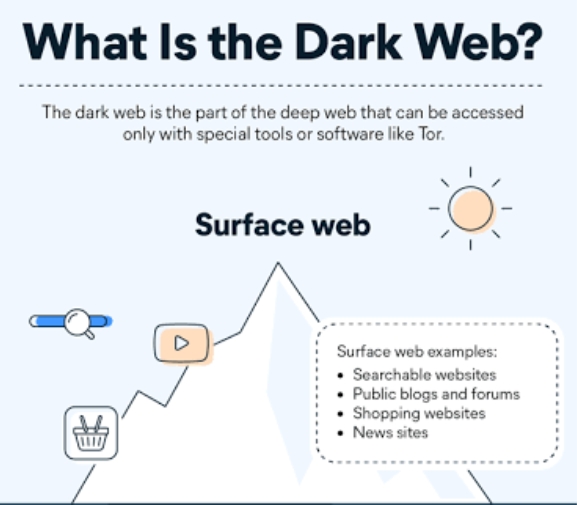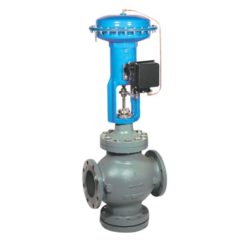How to Choose the Best Security Camera

In an era marked by technological advancements, choosing the best security camera for your specific needs is very important though it can be a daunting task. With a plethora of options available in the market, each boasting its own set of features and capabilities, it’s essential to make an informed decision. In this article, we will delve into the factors to consider when selecting the best security camera to safeguard your home or business effectively.
1. Purpose and Location
The first step in choosing the best security camera is to identify its purpose and location. Are you looking to monitor the exterior of your home, keep an eye on indoor spaces, or both? Determining the intended use will help you narrow down your options. For outdoor surveillance, weatherproof cameras with night vision capabilities are crucial. For indoor monitoring, you may want features like two-way audio to communicate with family members or pets when you’re away.
2. Camera Type
There are several types of security cameras to choose from, each with its own advantages:
– Dome Cameras: These cameras are discreet and provide a wide field of view. They are ideal for indoor use and deter potential intruders with their visible presence.
– Bullet Cameras: These are typically used outdoors and are known for their long-range capabilities. They are visible and act as a deterrent.
– Wireless Cameras: These are easy to install and suitable for places where wiring is challenging. However, they may be susceptible to signal interference.
– Hard-Wired Cameras: These cameras offer a more stable and reliable connection, making them suitable for critical applications.
3. Resolution
Resolution is a critical factor in determining the image quality of your security camera. Higher-resolution cameras capture more details, which can be crucial when identifying people or objects in recorded footage. Consider cameras with at least 1080p resolution, but if you need exceptional clarity, 4K cameras are also available.
4. Storage Options
Security cameras record footage that needs to be stored for future reference. There are generally two storage options:
– Local Storage: Some cameras come with built-in storage, such as eufy’s best security cameras with 16GB local storage.
– Cloud Storage: This option offers remote access and backup for your footage, ensuring that it remains secure even if the camera is tampered with. However, it often involves subscription fees.
5. Connectivity and Remote Access
Many security cameras offer remote access through smartphone apps or web browsers. Ensure that the camera you choose is compatible with your preferred platform and offers user-friendly mobile apps. Remote access allows you to monitor your property in real time and review recordings from anywhere with an internet connection.
6. Motion Detection and Alerts
Motion detection is a crucial feature that can reduce the amount of footage you need to review. Look for cameras with customizable motion detection settings, including sensitivity levels and specific zones. The best security cameras will send instant alerts to your phone or email when motion is detected, allowing you to respond promptly to potential threats.
7. Budget Considerations
Lastly, your budget plays a significant role in choosing the best security camera. While it’s essential to invest in a reliable camera, there are options available to suit various price points. Consider the long-term costs, including any subscription fees for cloud storage, when evaluating your budget.
Conclusion
Choosing the best security cameras requires careful consideration of your specific needs, such as location, camera type, resolution, night vision capabilities, and storage options. A well-informed decision ensures that you have the right tools to monitor and protect your property effectively. By weighing these factors, you can select a security camera that provides peace of mind and enhances the security of your home or business.






